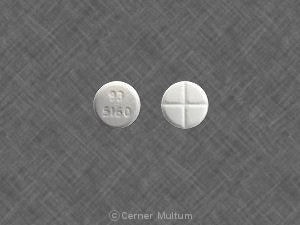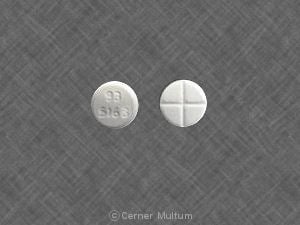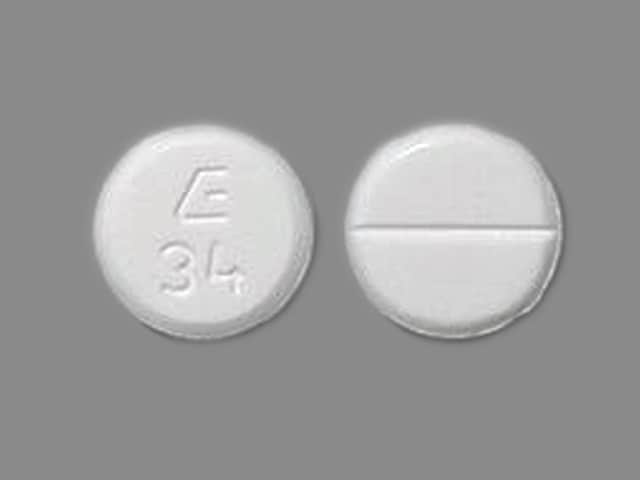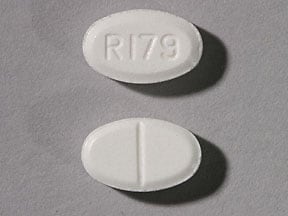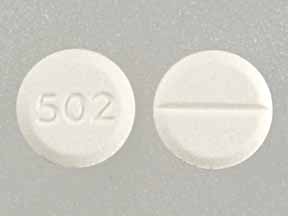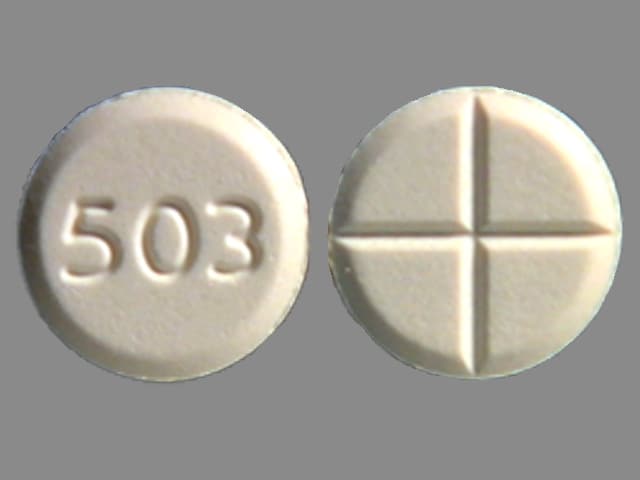What is tizanidine used for?
- Tizanidine is used to relax muscles.
- Tizanidine may be given to you for other reasons. Talk to your doctor.
Before taking tizanidine, tell your doctor:
- If you are allergic to tizanidine; any part of this medicine; or any other drugs, foods, or substances. Tell your doctor about the allergy and what signs you had.
- If you are taking any of these drugs: Ciprofloxacin or fluvoxamine.
This is not a list of all drugs or health problems that interact with tizanidine.
Tell your doctor and pharmacist about all of your drugs (prescription or OTC, natural products, vitamins) and health problems. You must check to make sure that it is safe for you to take tizanidine with all of your drugs and health problems. Do not start, stop, or change the dose of any drug without checking with your doctor.
What are some things I need to know or do while I take tizanidine?
- Tell all of your health care providers that you take tizanidine. This includes your doctors, nurses, pharmacists, and dentists.
- Avoid driving and doing other tasks or actions that call for you to be alert until you see how tizanidine affects you.
- To lower the chance of feeling dizzy or passing out, rise slowly if you have been sitting or lying down. Be careful going up and down stairs.
- Do not stop taking tizanidine all of a sudden without calling your doctor. You may have a greater risk of side effects. If you need to stop tizanidine, you will want to slowly stop it as ordered by your doctor.
- Have blood work checked as you have been told by the doctor. Talk with the doctor.
- Do not change from the capsule to the tablet or from the tablet to the capsule.
- Talk with your doctor before you drink alcohol or use other drugs and natural products that slow your actions.
- If you are 65 or older, use tizanidine with care. You could have more side effects.
- Tell your doctor if you are pregnant or plan on getting pregnant. You will need to talk about the benefits and risks of using tizanidine while you are pregnant.
- Tell your doctor if you are breast-feeding. You will need to talk about any risks to your baby.
How is tizanidine best taken?
Use tizanidine as ordered by your doctor. Read all information given to you. Follow all instructions closely.
- Take with or without food but take the same way each time. Always take with food or always take on an empty stomach.
What do I do if I miss a dose?
- If you take tizanidine on a regular basis, take a missed dose as soon as you think about it.
- If it is close to the time for your next dose, skip the missed dose and go back to your normal time.
- Do not take 2 doses at the same time or extra doses.
- Many times tizanidine is taken on an as needed basis. Do not take more often than told by the doctor.
What are the side effects of tizanidine that I need to call my doctor about immediately?
WARNING/CAUTION: Even though it may be rare, some people may have very bad and sometimes deadly side effects when taking a drug. Tell your doctor or get medical help right away if you have any of the following signs or symptoms that may be related to a very bad side effect:
- Signs of an allergic reaction, like rash; hives; itching; red, swollen, blistered, or peeling skin with or without fever; wheezing; tightness in the chest or throat; trouble breathing, swallowing, or talking; unusual hoarseness; or swelling of the mouth, face, lips, tongue, or throat.
- Signs of liver problems like dark urine, feeling tired, not hungry, upset stomach or stomach pain, light-colored stools, throwing up, or yellow skin or eyes.
- Signs of a urinary tract infection (UTI) like blood in the urine, burning or pain when passing urine, feeling the need to pass urine often or right away, fever, lower stomach pain, or pelvic pain.
- Very bad dizziness or passing out.
- Feeling confused.
- Hallucinations (seeing or hearing things that are not there).
- Mood changes.
- Change in the way you act.
- Slow heartbeat.
- Fever or chills.
- Sore throat.
What are some other side effects of tizanidine?
All drugs may cause side effects. However, many people have no side effects or only have minor side effects. Call your doctor or get medical help if any of these side effects or any other side effects bother you or do not go away:
- Dry mouth.
- Feeling sleepy.
- Feeling tired or weak.
- Dizziness.
These are not all of the side effects that may occur. If you have questions about side effects, call your doctor. Call your doctor for medical advice about side effects.
You may report side effects to the FDA at 1-800-332-1088. You may also report side effects at https://www.fda.gov/medwatch.
If overdose is suspected:
If you think there has been an overdose, call your poison control center or get medical care right away. Be ready to tell or show what was taken, how much, and when it happened.
Tizanidine Images
Drug Interactions
A total of 638 medications are known to interact with Tizanidine. Use the Interactions Checker Tool.
Common Interactions Checks
How do I store and/or throw out tizanidine?
- Store at room temperature.
- Protect from light.
- Store in a dry place. Do not store in a bathroom.
- Keep all drugs in a safe place. Keep all drugs out of the reach of children and pets.
- Throw away unused or expired drugs. Do not flush down a toilet or pour down a drain unless you are told to do so. Check with your pharmacist if you have questions about the best way to throw out drugs. There may be drug take-back programs in your area.
Consumer information use and disclaimer
- If your symptoms or health problems do not get better or if they become worse, call your doctor.
- Do not share your drugs with others and do not take anyone else's drugs.
- Some drugs may have another patient information leaflet. Check with your pharmacist. If you have any questions about tizanidine, please talk with your doctor, nurse, pharmacist, or other health care provider.
- If you think there has been an overdose, call your poison control center or get medical care right away. Be ready to tell or show what was taken, how much, and when it happened.
This information should not be used to decide whether or not to take tizanidine or any other medicine. Only the healthcare provider has the knowledge and training to decide which medicines are right for a specific patient. This information does not endorse any medicine as safe, effective, or approved for treating any patient or health condition. This is only a brief summary of general information about this medicine. It does NOT include all information about the possible uses, directions, warnings, precautions, interactions, adverse effects, or risks that may apply to tizanidine. This information is not specific medical advice and does not replace information you receive from the healthcare provider. You must talk with the healthcare provider for complete information about the risks and benefits of using this medicine.
